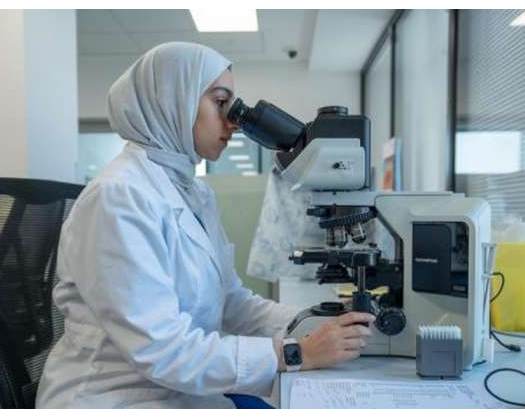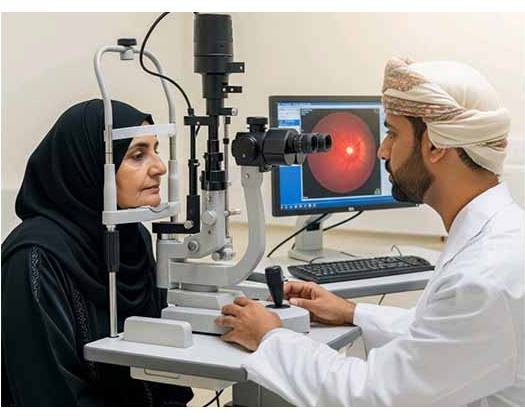Muscat: The National University of Science and Technology has created a new, eco-friendly way to recycle used aluminum foil into a sustainable source for aluminum oxide nanoparticles.
A research study revealed that these nanoparticles are quite effective against bacteria and fungi, making them suitable for a variety of biological applications.
Titled "EcoFriendly Synthesis and Characterization of Aluminum Oxide Nanoparticles from Waste Aluminum Foil for Antibacterial, Antifungal, and AntiCorrosion Applications," the research tackles the rising problem of aluminum waste, which accumulates in millions of tons each year and is often discarded in landfills.
The research addresses the critical need for innovative recycling techniques to lessen waste and environmental impact. The creation of a green synthesis process for aluminum oxide nanoparticles from discarded aluminum foil provides a viable solution to aluminum waste buildup while exploring the nanoparticles' potential applications in energy storage devices, antimicrobial agents, and corrosion protection.
This method converts waste into high-value functional materials, encouraging sustainable practices with significant environmental and industrial advantages.
The research team, led by Omani scientist Reem Hilal AlMaamari from the College of Engineering at the National University of Science and Technology, recognized the nanoparticles' extensive potential. In healthcare, they could be utilized to create medical equipment and antibacterial coatings, which would help prevent hospital and health center infections.
The technique allows for ecologically friendly aluminum foil recycling, considerably reducing waste volumes and providing long-term environmental advantages.
In the industrial sector, these nanoparticles might be used into anticorrosion coatings, especially for metal and architectural applications.
Their antimicrobial characteristics make them excellent for water purification, where they might be utilized in effective filtration systems— a feasible option for communities experiencing water scarcity. Nanoparticles have potential in the food industry as active packaging solutions that extend shelf life and lower microbial contamination. They might be used agriculturally as natural antifungal agents to improve soil and plant health.
The research team underlined the necessity of encouraging nanoparticle application, particularly in healthcare, to create antibacterial medical tools and surfaces to prevent infection spread in medical facilities. They also suggested adopting them in metal businesses, where incorporating them into protective coatings might reduce corrosion, particularly in humid and marine conditions.
The nanoparticles' antibacterial characteristics make them useful for water purification in remote or water-scarce locations. In food packaging, incorporating them into materials may improve product preservation and reduce microbial threats. The team also promoted their agricultural applications, such as seed or soil treatments, to prevent fungal infections and increase crop quality.
The research findings highlight the revolutionary potential of turning aluminum waste into high-performance nanomaterials, promoting sustainability across several sectors while tackling urgent environmental and industrial issues.













